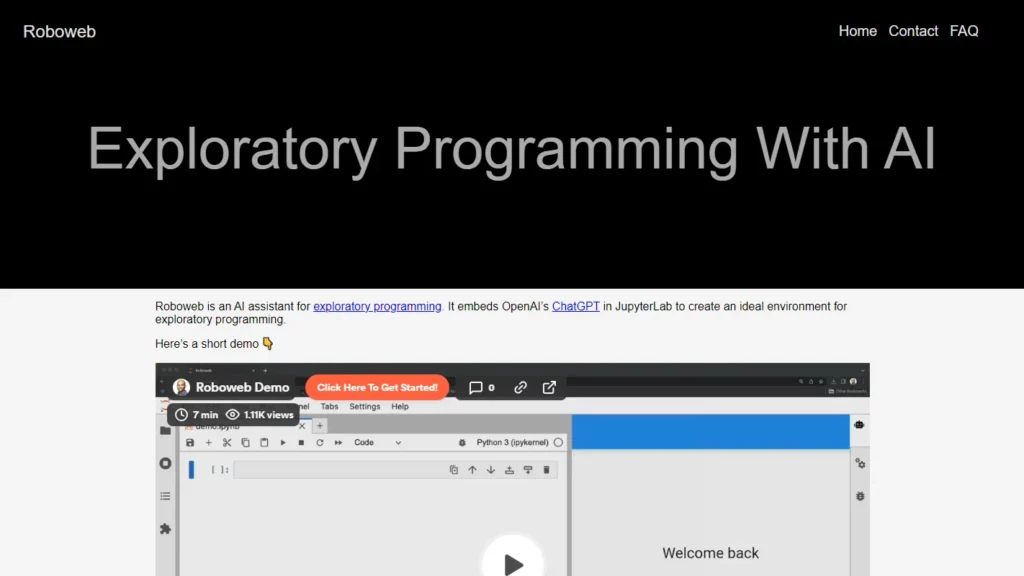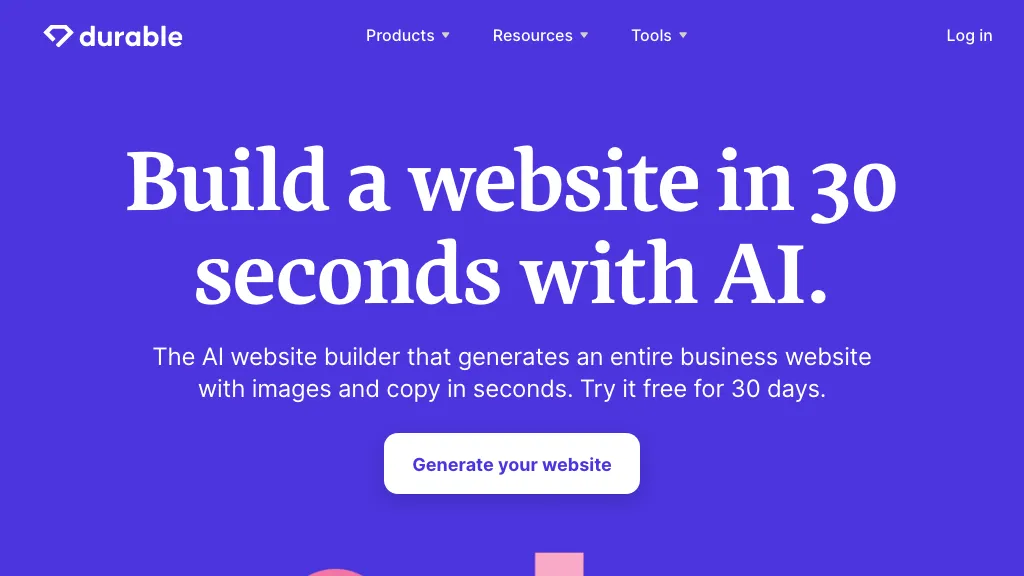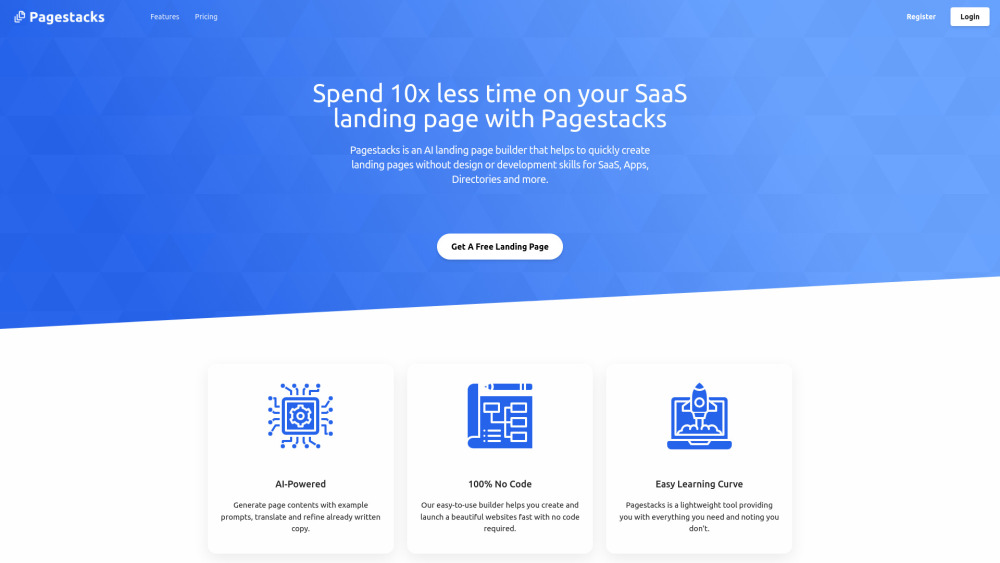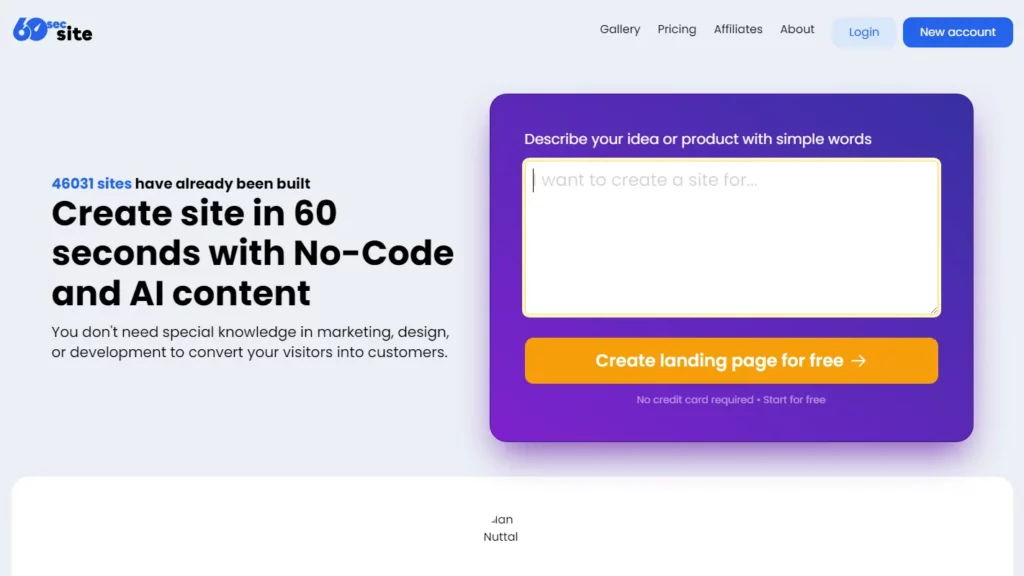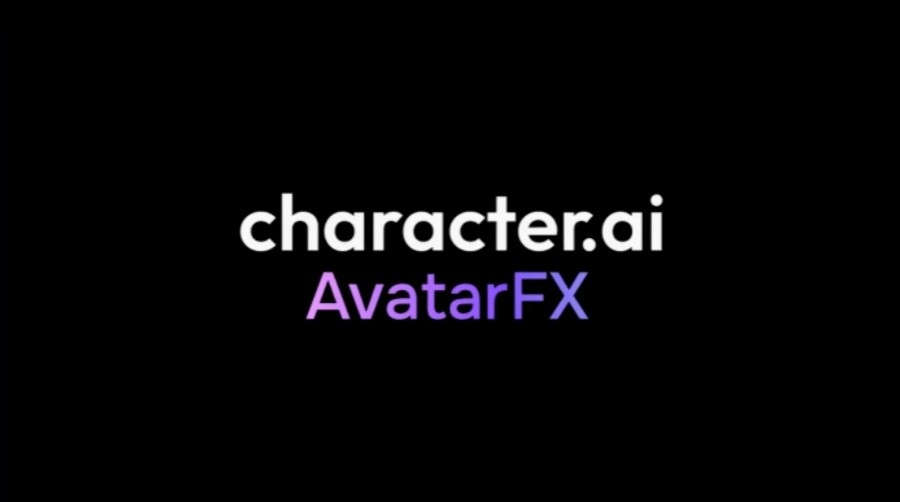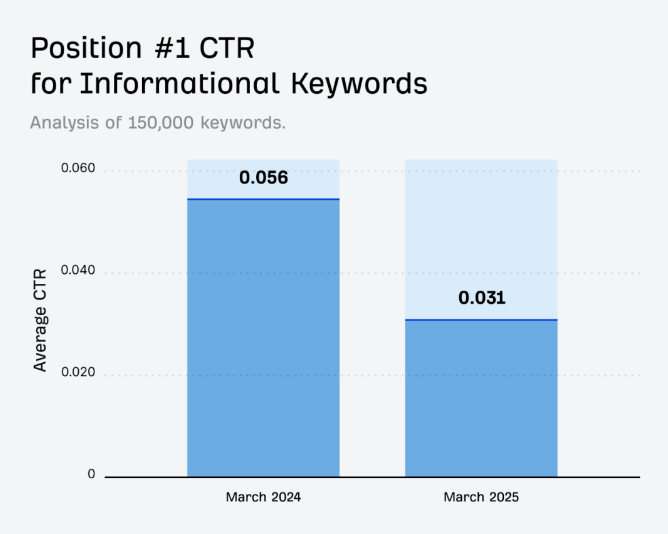What is Roboweb?
Roboweb provides documentation and resources for using their extension in conjunction with Kubernetes. It offers instructions on starting JupyterLab with the Roboweb extension on Kubernetes using their public Docker image. Additionally, it clarifies that while the tool itself is free, users are responsible for paying for their usage of OpenAPI through an OpenAI API key.
Top 5 Roboweb Features:
- Service-Oriented Architecture: This architecture is based on the Simple Object Access Protocol and allows actors to request services through a decentralized application.
- Decentralized Network: Economic and technical transactions are conducted through smart contracts in distributed registries such as Ethereum, Tezos, and Polkadot/Substrate.
- Market Principles: This organization organizes the work of agents according to market principles, with messages published on special channels about demand.
- Integration with Web Browsers: Users can access the service through a regular web browser with a Metamask extension for cryptocurrency wallets.
- Universal Access: Enables small and medium businesses to access robotic capabilities, reducing deployment costs and expanding potential use cases.
Top 5 Roboweb Use Cases:
- Remote Computer Assistance: Allows users to take control of another computer and monitor its activities remotely.
- JupyterLab Integration: Facilitates starting JupyterLab with the Roboweb extension on Kubernetes using a public Docker image.
- OpenAPI Usage: Requires payment for usage of OpenAPI through the use of an OpenAI API key.
- Robot Economics: Offers a decentralized approach to organizing the work of robots, providing economic independence and addressing cybersecurity concerns.
- Virtualizing Robots: Provides a service-oriented architecture for virtualizing robots in Robot-as-a-Service clouds, enabling efficient resource allocation and coordination among robots.
